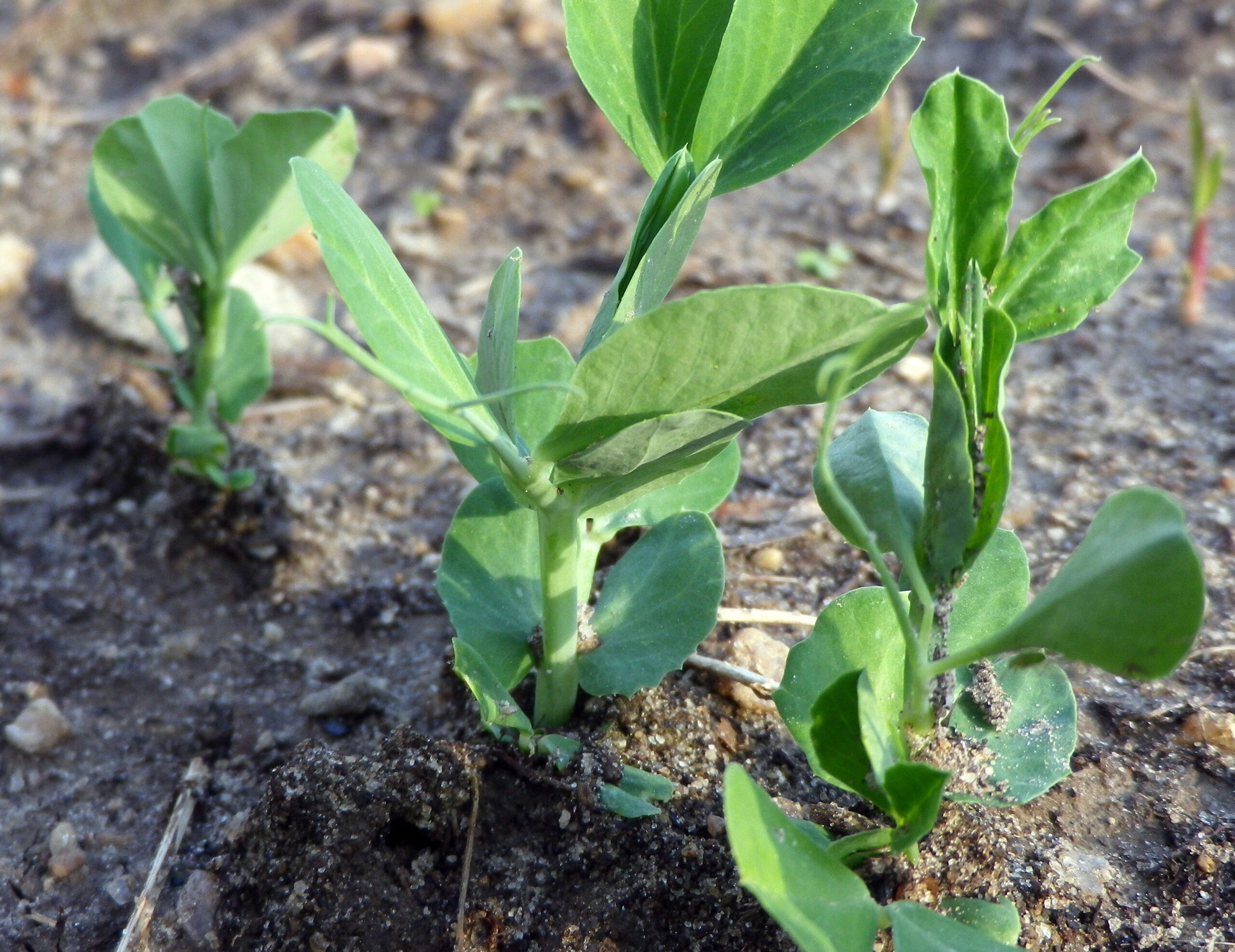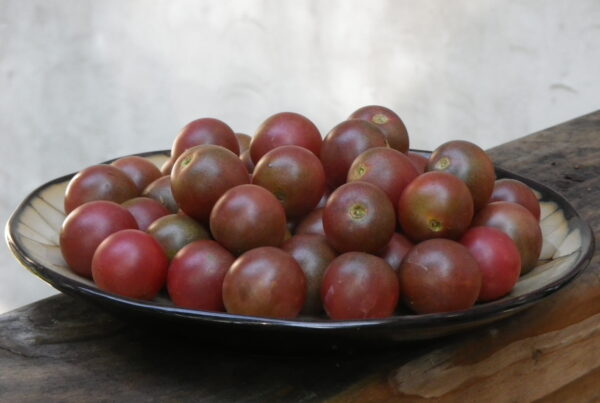Cynthia Hayes Memorial Scholarship
National Sustainable Agriculture Coalition (NSAC) has partnered with the Southeast African American Farmers Organic Network (SAAFON) to offer three Scholarships to and Minorities in Agriculture Natural Resources and Related Sciences (MANRRS) to develop a scholarship awarded annually in memory of Cynthia Hayes – the founder of SAAFON and an advocate for Black farmers and agricultural communities across the diaspora. Three scholarships of $3,000 each will be awarded this spring to Black or Indigenous undergraduate or graduate MANNRS students. For more information including application forms and directions see NSAC blog on the Cynthia Hayes scholarship program.
Pandemic Relief Package in Budget Reconciliation Bill
What’s in it for farmers and local food systems?
Congress is in the process of developing a $1.9 trillion pandemic relief package that includes several key provisions for farmers and food systems. These include funding for equipment and supplies to help farmers, farmers markets, and food processors meet covid-related challenges, protect food system workers, provide food assistance to at-risk families, and strengthen food supply chains. For more information, see the NSAC blog post on the coronavirus relief package.
Emergency Relief for Farmers of Color Act
Introduced by Senators Reverend Raphael Warnock (D-GA), Cory Booker (D-NJ), Ben Ray Luján (D-NM), Debbie Stabenow (D-MI and Ag Committee Chair), this new legislation would provide $5 billion in direct relief to Black, Indigenous, Latinx, and other farmers of color to help them recover from the impacts of the pandemic. The legislation is also designed to address long-standing racial inequities in the US agricultural system, and its provisions were included in the House pandemic relief package. Click here for more on this bill.
Conservation Stewardship Program remains Open for Signup
Closing date for 2021 season in Virginia is April 30Would you like to improve the resilience and environmental impact of your farming operation? Are you seeking to improve soil health, crop rotations, or grazing practices, or want to develop a comprehensive whole farm conservation plan and need a financial hand-up to do so? The Conservation Stewardship Program (CSP) may be for you. Organic growers can apply to a separate funding pool for CSP funding. See the NSAC Farmers Guide to CSP, updated in November, 2020 for in-depth information about this program.
To submit your initial application (a simple three-page form) for a CSP contract to begin in the 2021 season visit the NRCS Virginia website or contact your local NRCS field office.
Conservation Reserve Program
Open for Signup through the 2021 Season
Do you have some highly erodible or otherwise ecologically fragile land that you would like to take out of production and return to native vegetation or other conservation plantings – but cannot quite afford to do so? The USDA Conservation Reserve Program (CRP) pays farmers and landowners annually for 10 – 15 years to set aside land in grassland or forest cover. Doing so can help producers retain soil, protect water quality, sequester carbon, and improve the overall resilience of their farming or ranching system. One CRP sub-program, the Continuous Conservation Reserve Program (CCRP) allows you to take part of a field out of production, for example to perennialize the steepest and most erodible part of the field, or to install a riparian buffer to protect a nearby stream.
Seeking to expand acreage enrollment in the CRP (which hit a low point in 2020), the USDA has removed the Feb 12 deadline for 2021 and will continue to accept CRP applications throughout the year. Learn more about this valuable program at a recent NSAC CRP blog post.
Other News from the National Sustainable Agriculture Coalition Blog
Exploring New Opportunities for Sustainable Agriculture Policy and Funding
The incoming Biden Administration has pledged to “Build Back Better” to help producers and rural communities recover from the impacts of the pandemic, combat consolidation and strengthen family farm viability, and meet the challenges of climate disruption. NSAC aims to seize the moment, advocating with the new Administration, USDA decision makers, and allies in Congress for policies and programs that will build a truly resilient, equitable, economically viable, and environmentally beneficial agriculture and food system. Some recent developments and opportunities from the NSAC website include:
- The Food Safety Outreach Program (FSOP) has opened grant applications for projects to help farmers and small food businesses improve food safety and meet requirements of the Food Safety Modernization Act (FSMA). Community-based and non-governmental organizations are encouraged to apply. Deadline for applications is April 1.
- Coronavirus relief funding for farmers has expanded funding available for the Beginning Farmer and Rancher Development Program (BFRDP), which has released its Request for Applications, with a proposal deadline of March 25. NSAC provides additional info on BFRDP including how to apply.
- NSAC worked with Harvard Food Law and Policy Clinic in a review of the Farmers to Families Food Box Program, one part of USDA’s response to the pandemic’s impacts on farmers and food-insecure households. The executive summary of their analysis of program strengths, weaknesses, and recommendations for improvement includes a link to the full report.
- New opportunities are emerging to promote antitrust reform in agriculture. This NSAC blog post includes a history of how corporate consolidation has distorted markets and excluded family farmers, and next steps to begin restoring fair and competitive markets.
Position Open
Soil Health Partnership is currently seeking qualified applicants for the position of Science Director to lead data collection and research efforts for the organization. Their current Science Director, Dr. Maria Bowman, will be leaving in March to begin her new post in the USDA Economic Research Service. For more information and application instructions, see the link from the Slow Food Website at https://lnkd.in/gzySB7q.






